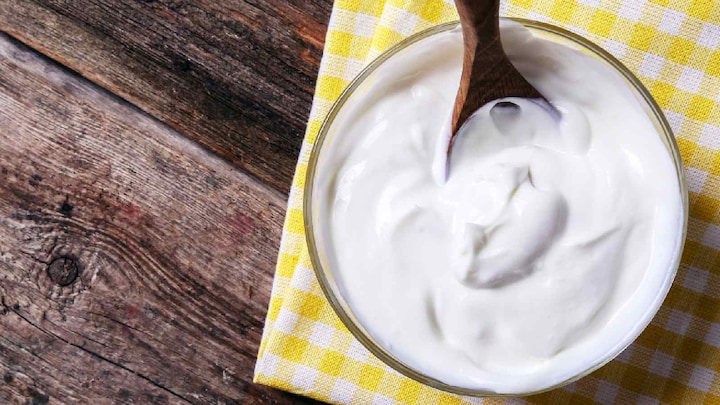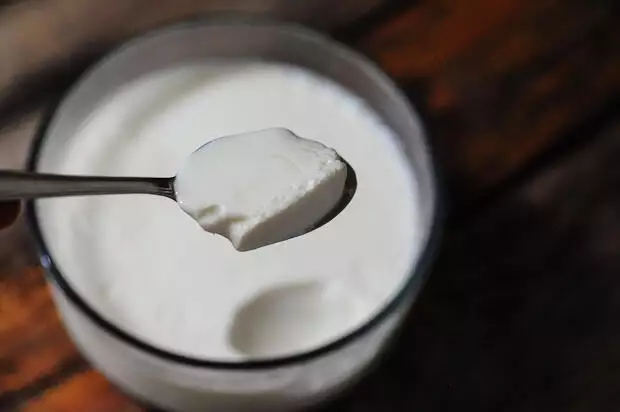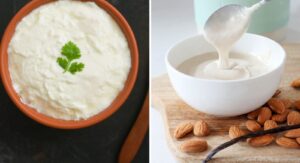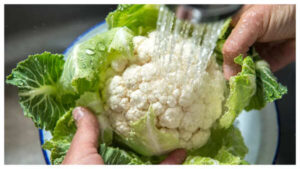Curd After Lunch: Discover What Happens to Your Body When You Eat Curd After Lunch Daily

Curd After Lunch: Discover What Happens to Your Body When You Eat Curd After Lunch Daily
In the bustling kitchens of Indian households, curd has always been more than just a side dish—it’s a staple, a comfort, and often, a symbol of tradition. But beyond its creamy texture and tangy flavor, curd is touted as a nutritional powerhouse packed with probiotics, calcium, and essential vitamins. Many people swear by its digestive benefits, especially when consumed after lunch. But is this age-old habit backed by science?

According to insights from a consultant dietitian and certified diabetes educator, featured in The Indian Express, curd’s impact on the body goes beyond what meets the eye.
The Science Behind Curd’s Impact on Digestion
Curd is rich in probiotics, particularly Lactobacillus and Bifidobacterium strains, which play a crucial role in maintaining a healthy gut. The dietitian explains, “When you consume curd regularly, it helps enhance the population of beneficial gut bacteria, improving microbial diversity and reducing harmful bacteria like Enterobacteriaceae and Staphylococcus.”
These live cultures not only support digestion but also strengthen the gut barrier, reduce inflammation, and stimulate the production of short-chain fatty acids, which are vital for colon health.
Interestingly, the benefits aren’t just limited to digestion. “Curd can improve nutrient absorption, reduce bloating, and even help in balancing gut flora,” says the dietitian. Pairing it with fiber-rich foods can further boost its effectiveness due to the synergistic interaction between prebiotics and probiotics.
Is Curd Really a Cooling Food?
Many believe that curd has a natural cooling effect, especially in hot climates. However, the dietitian sets the record straight: “While curd’s high water content and probiotics may give a refreshing feeling, there’s no scientific proof that it directly lowers body temperature.”

She suggests that the perceived cooling effect may be due to curd’s hydrating properties and its soothing impact on the digestive system rather than any direct thermoregulatory effect.
Can Daily Curd Consumption Have Negative Effects?
While curd offers numerous health benefits, it’s not a one-size-fits-all solution. The dietitian cautions, “For individuals who are lactose intolerant, daily curd consumption can cause digestive discomfort, including bloating and diarrhea.”
Overconsumption may also lead to weight gain due to its calorie content, and excessive calcium intake might slightly interfere with the absorption of iron and zinc.
Her advice?
Enjoy curd in moderation, and pay attention to how your body responds. If you experience any discomfort, it might be worth adjusting your intake. Curd is undoubtedly a nutritious addition to your diet, offering a range of health benefits, especially for gut health and digestion. However, like all foods, it’s essential to consume it mindfully. Understanding how your body reacts can help you make the most of its benefits without any drawbacks.
Disclaimer: This article is based on expert opinions and publicly available information. Always consult a healthcare professional before making any significant changes to your diet.












